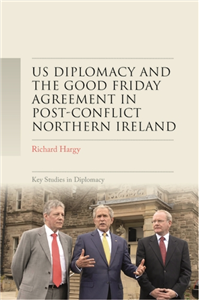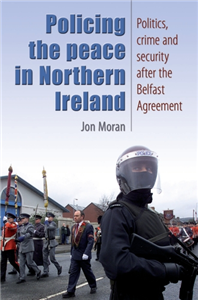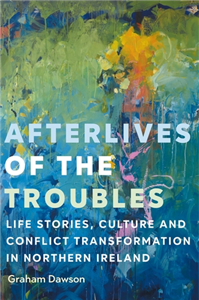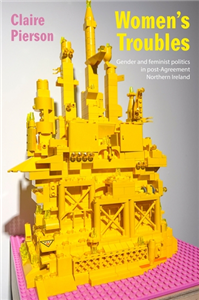Founded in 1985, China Peace Publishing House is a state-owned publishing house belonging to China Soong Ching Ling Foundation, publishing books about Soong Ching Ling, and various of children’s books, mainly for small children. In 2008, with the formal approval of the General Press & Publication Administration, China Soong Ching Ling Foundation and Jiangxi Publishing Group reformed and reorganized CPPH, which, since then, has been managed by China Soong Ling Foundation and operated by China Soong Ling Foundation and Jiangxi Publishing Group. CPPH is a member of the children's books professional committee of China Redactological Society, a member of the youth books working committee of the Publishers Association of China, and a member of Jiangxi Redactological Society.
CPPH publishes books for children aged from 0 to 18, including early learning, comics, picture book, fiction and encyclopedia, etc., as well as magazines and audio & video products. CPPH publishes over 300 new books and has over 600 books reprinted every year. Besides books, CPPH also publishes two periodicals, China Youth and Animation World. It also has a subsidiary body, China Peace Audio-Video & Digital Publishing House, with approximately 100 new electronic and audio-visual products published per year. Since being established, many books and audio-visual products by CPPH have been selected in China National Key Book Publishing Plan, recommended by Ministry of Education, and won a number of national awards.
View Rights Portal























